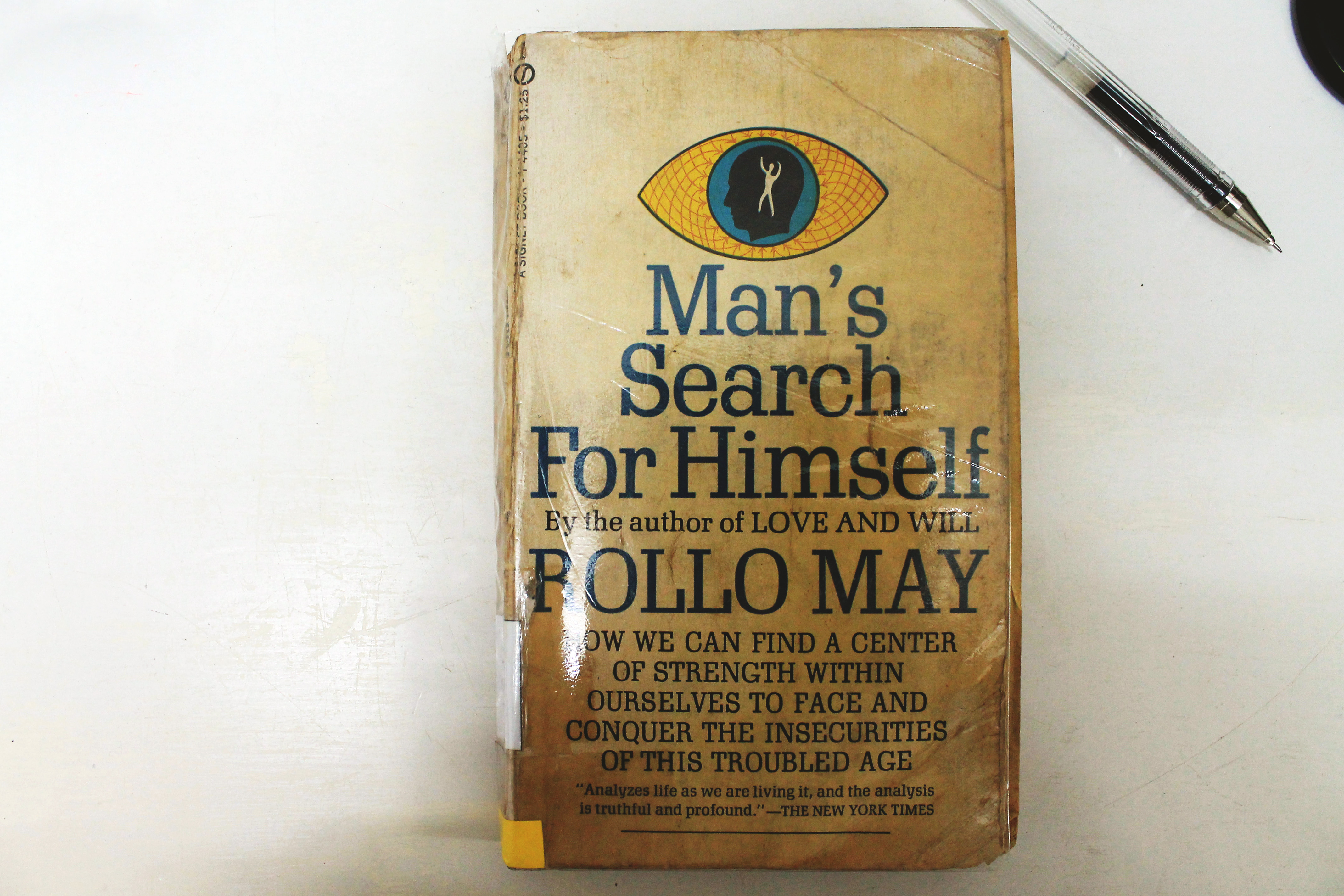
In this book, I noticed parallelisms between Rollo May's insights with those of Erich Fromm, especially on the aspect of freedom and irrational authority. But the difference is, May's style is rather free-flowing and spontaneous as contrasted with Fromm's somewhat repetitive with rigorously referenced writing.
Condemning ourselves is the quickest way to get a substitute sense of worth. People who have almost, but not quite, lost their feeling of worth generally have very strong needs to condemn themselves, for that is the most ready way of drowning the bitter ache of feelings of worthlessness and humiliation. It is as though the person were saying to himself, “I must be important that I am so worth condemning,” or “Look how noble I am: I have such high ideals and I am so ashamed of myself that I fall short.” A psychoanalyst once pointedly remarked that when someone in psychoanalysis berates himself at great length for picayune sins, he feels like asking, “Who do you think you are?” The self-condemning person is very often trying to show how important he is that God is so concerned with punishing him.
May discusses the phenomenon of man's inability to deal with his own condition of being alone, the anxiety that causes one to feel when being confronted with the reality of having to deal with ones own existence within ones own context. The resulting fear, anxiety, and even panic of confronting this reality of being alone, or with people who do not want to face it when they call the state as 'loneliness.'
Loneliness is such an omnipotent and painful threat to many persons that they have little conception of the positive values of solitude, and even at times are very frightened at the prospect of being alone. Many people suffer from “the fear of finding oneself alone,” remarks André Gide, “and so they don’t find themselves at all.
...
And did not Spinoza's refusing to flee from excommunication by his church and community mean the same inner battle of integrity, the same struggle for the power not to be afraid of aloneness, without which the noble Ethics, certainly one of the great works of all time, could not have been written?
...
Man, furthermore, must make his choices as an individual, for individuality is one side of one’s consciousness of one’s self. We can see this point clearly when we realize that consciousness of one’s self is always a unique act—I can never know exactly how you see yourself and you never can know exactly how I relate to myself. This is the inner sanctum where each man must stand alone. This fact makes for much of the tragedy and inescapable isolation in human life, but it also indicates again that we must find the strength in ourselves to stand in our own inner sanctum as individuals.
He draws his insights from occasional tidbits with Kierkegaard, Nietzsche and Kafka, whom he considers to have been influential on his thought with regards to the condition of man. He also integrated key psychodynamic concepts which are essential in the practice of therapy, case analyses, and so on.
I am quite adamant, however on his overemphasis on matriarchal authority, which he blames as being a great factor for the neurosis of his young male patients. This is perhaps due to what he had analyzed based on his practice, but to pay so much blame on matriarchy at the expense of neglecting other factors, I see it to be biased for his part. The only portion on this book that might convince me of impartiality is his statement of considering social factors that would vary as per condition of each patient. Overall, the book is easy to understand and his insights are straightforward with brutal honesty. I can't say that it is rigorously written in academic style, but it is helpful especially for practicing psychologists geared towards the existential-humanistic orientation.

